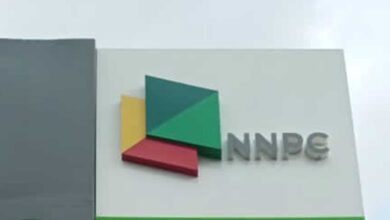FG Proposes 50% Tax Relief To Boost Worker Salaries And Benefits

The Federal Government of Nigeria is introducing a significant tax reform measure aimed at supporting low-income workers and encouraging corporate social responsibility through salary adjustments and workforce expansion. This initiative, set forth in a legislative bill titled, “A Bill for an Act to Repeal Certain Acts on Taxation and Consolidate the Legal Frameworks relating to Taxation and Enact the Nigeria Tax Act to Provide for Taxation of Income, Transactions, and Instruments, and Related Matters,” dated October 4, 2024, introduces a 50 per cent tax relief for companies that raise salaries or offer transportation allowances to low-income employees.
The proposal, obtained from the National Assembly, specifically targets companies that, during the 2023 and 2024 calendar years, make efforts to uplift workers with gross monthly earnings of N100,000 or less. Under this provision, eligible companies can deduct an additional 50 per cent on costs incurred through wage increases, transportation subsidies, or other allowances that bring a worker’s monthly earnings up to this threshold. Notably, this tax relief does not apply to salary adjustments for employees whose monthly earnings exceed N100,000.
Further, companies that expand their workforce by hiring new employees in 2023 or 2024 will also qualify for the deduction, provided the new hires remain employed for at least three years and are not involuntarily let go. This provision emphasizes sustained employment and the strategic growth of Nigeria’s workforce.
The proposed law also introduces an Economic Development Incentive Certificate as an additional tax incentive for companies investing in capital projects. Firms seeking this certification will need to submit their applications via the Nigerian Investment Promotion Commission (NIPC) along with a non-refundable fee of 0.1 per cent of the project’s capital expenditure, with a maximum fee cap of N5 million. The NIPC will review these applications and forward recommendations to the Minister, who may then submit them for final approval by the President.
Through these initiatives, the Federal Government aims to reform the tax landscape in Nigeria by incentivizing private-sector investments in worker welfare and economic development.



